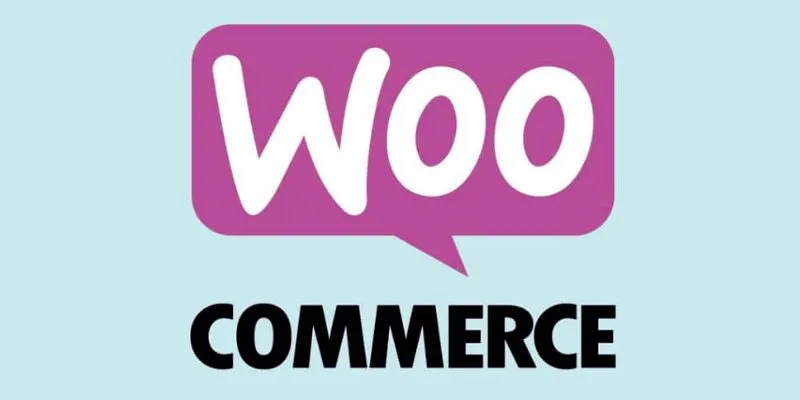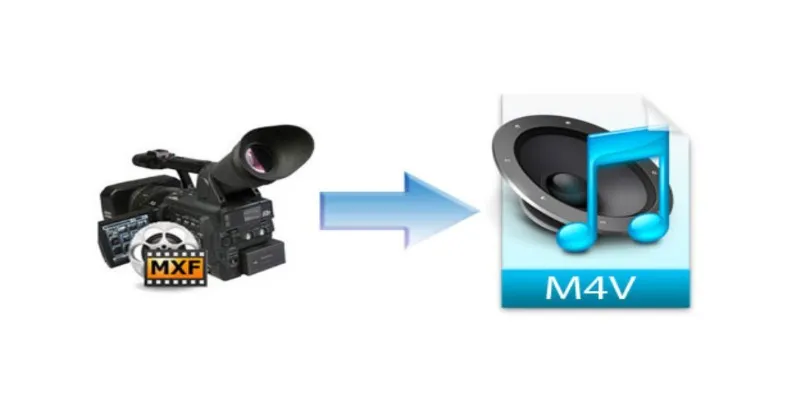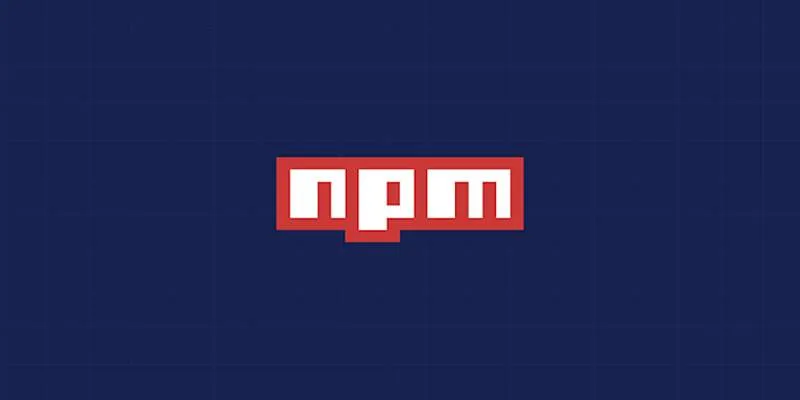The 6 Best eCommerce Website Building Platforms for Online Stores in 2025
In 2025, starting an online store will be easier than ever. Thanks to modern tools, anyone can design a professional-looking eCommerce website without needing technical knowledge or coding skills. The right platform allows you to quickly expand and efficiently run your store. Some systems come with built-in tools such as inventory tracking, payment systems, and templates, while others offer flexibility for those seeking greater control.
Choosing the right builder is crucial for your store’s growth. It saves time and prevents future issues. In this article, we’ll cover the six best eCommerce website builders. These platforms are reliable, offer useful features, and are easy to use. Read on to find the builder that best fits your needs.
6 Best eCommerce Website Building Platforms 2025
Below are the six best eCommerce website-building platforms in 2025, offering features to help you create a successful online store.
Shopify
Shopify is a powerful eCommerce tool designed to launch professional online stores. Known for its simplicity, it provides elegant themes to enhance your business’s appearance. Setting up a store doesn’t require coding knowledge. Shopify manages security, hosting, and upgrades automatically. It supports several payment options, including Apple Pay, PayPal, and credit cards. You can manage client activity, order processing, and inventory control from one dashboard. With features for marketing, search engine optimization, reviews, and more, the platform also boasts a large app store. Shopify offers 24/7 customer support, making it a wise choice if you plan to sell in volume or rapidly expand your store. While monthly fees might increase with many premium apps, Shopify provides all the tools to run a seamless online business.
Wix eCommerce
With strong capabilities for online product selling, Wix eCommerce is a user-friendly website builder. Even without design knowledge, customizing with a drag-and-drop editor is simple. You can modify any site element and choose from hundreds of templates. Wix supports gift cards, subscriptions, digital and physical goods, and secure payment options like Stripe and PayPal. You can manage orders and inventory from the dashboard or mobile app. Wix allows you to increase reach by linking your store to Facebook, Instagram, and Google. It’s ideal for small business owners, creatives, and those who want complete design control over their store. Although it doesn’t have the deep capabilities of Shopify or BigCommerce, Wix strikes a great balance between ease of use and creativity.

BigCommerce
BigCommerce is a robust platform designed for large, rapidly growing online businesses. It handles high traffic well and supports thousands of products. You can manage all aspects of your store, including taxes, inventory, and shipping, from one dashboard. BigCommerce includes built-in SEO tools to help your store appear on Google. It also enables sales on Facebook, eBay, and Amazon, among other platforms. Features include bulk pricing, product filtering, and real-time shipping quotes. You can use several payment gateways without extra transaction fees. The platform is fantastic for wholesale vendors since it also provides B2B functionalities. While there may be a minor learning curve, BigCommerce is worth the effort if you wish to grow quickly. It’s perfect for companies needing more power and flexibility.
WooCommerce
WooCommerce is a free eCommerce plugin designed for WordPress websites. It transforms any PHP site into a complete online retailer. You can offer services, digital downloads, subscriptions, and physical goods. WooCommerce supports multiple payment options like Stripe, PayPal, and credit cards. It works with thousands of free and premium WordPress themes, giving you control over your store’s style, products, and functionality. It offers tools for taxes, inventory, shipping, and order tracking. Being open-source allows developers to customize it for specific purposes. You can add plugins covering marketing, SEO, reviews, and more. However, you must manage security, updates, and hosting yourself. WooCommerce is well-suited for those familiar with PHP or seeking more control over their store. It supports expansion and is perfect for small to large companies. With the right configuration, WooCommerce is a strong and professional online store platform.

Weebly by Square
Weebly by Square makes starting an online store easy. It’s perfect for beginners and small business owners looking for a quick setup. The platform offers a basic drag-and-drop website builder. You can create product pages, secure payments, and simple inventory tracking. Weebly integrates seamlessly with Square’s payment system and supports physical and digital goods. Features include tax settings, promo codes, and shipping calculators. A mobile app allows you to handle orders on the go. While there are fewer design options, Weebly’s focus on simplicity makes it ideal for side businesses and local retailers. It also includes email marketing tools and basic SEO features.
Ecwid by Lightspeed
If you already have a website and want to incorporate a store, Ecwid by Lightspeed is ideal. Though it functions as a plugin for systems like WordPress, Wix, and others, it is not a complete website builder. You can start selling quickly and install it in a few minutes. Ecwid supports service-based products, digital downloads, and physical goods. It offers tools for shipping, inventory, and automatic tax computation. Along with many language options, you also get social network integration and mobile-friendly design. Multi-channel selling is one of its strongest features. You can market on Facebook, Instagram, and even Amazon. Ecwid is perfect for beginners, offering a free plan for small businesses. You don’t need to rebuild your site or start from scratch. However, it’s not the best choice if you want to create a brand-new site from nothing.
Conclusion
Choosing the right eCommerce website builder in 2025 will make starting a store much simpler. Each platform on this list offers various options depending on your business’s needs. Shopify is excellent for serious sellers, and Wix provides creative freedom. BigCommerce is ideal for rapid brand expansion. Weebly is cost-effective and straightforward, while Ecwid is perfect for adding stores to existing websites. Consider your objectives and budget before deciding. All these builders are trusted and updated for 2025.
Related Articles

The 4 Best AI Website Builders for Effortless Website Creation

Wix vs. Squarespace: A Comprehensive Comparison to Find the Best Website Builder

Top Digital Payment Platforms: A Guide to Stripe, PayPal, and Others

Top 5 Ways to Do Keyword Research Using Keywords Everywhere to Boost Traffic

Top 5 Mobile Scanning and OCR Software to Use in 2025

Discover the 8 Best Document Management Tools of 2025

Discover the Top 5 Tools for Effortless AVI Video Conversion

Top 10 Free MP4 Video Trimmers for Effortless Video Customization

Discover the Top 8 Screen Recording Software in 2025

Top 5 4K Monitors You’ll Love for Gaming, Work, and Beyond

Top 10 Slack Automation Ideas to Boost Workflow Efficiency

6 Best Platforms to Watch Anime and Cartoons Without an Account
Popular Articles

Best Free Tools to Convert MKV to MP4 Online and Offline

Best Cloud Storage Platforms for Mac in 2025

The 6 Best Session Replay Tools in 2025 to Optimize Your User Experience

How to Convert MXF Files to M4V Format without Losing Quality

7 Best SMS Apps to Boost Your Small Business Communication

Top Digital Payment Platforms: A Guide to Stripe, PayPal, and Others

Streamline Your Workflow with PagePixels Screenshots

How to Create a Jaw-Dropping Tumblr Slideshow in Minutes

Fixing Slow or Stuck NPM Installs: Proven Ways to Speed Things Up

Capture in XviD: 8 Apps That Make It Easy and Efficient

Convert AVCHD to MOV on Windows Without Losing Quality

 mww2
mww2